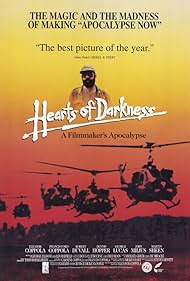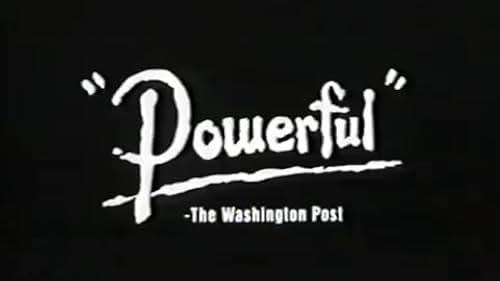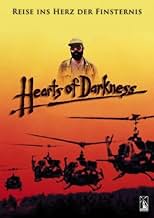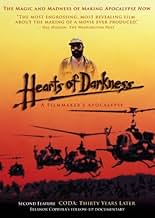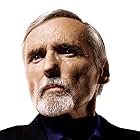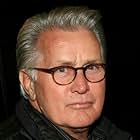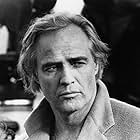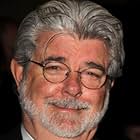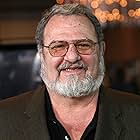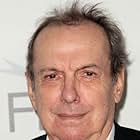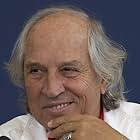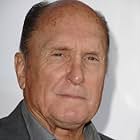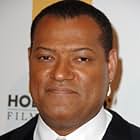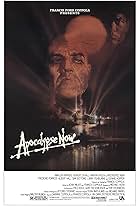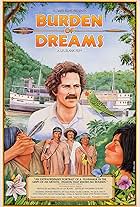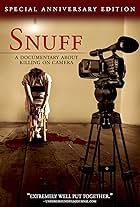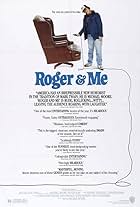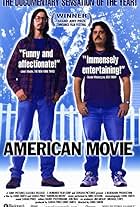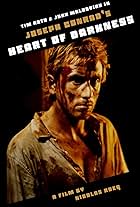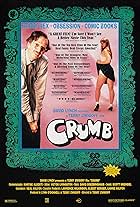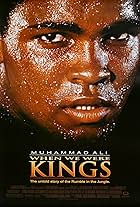Documentary that chronicles how Francis Ford Coppola's Apocalypse Now (1979) was plagued by extraordinary script, shooting, budget, and casting problems - nearly destroying the life and care... Read allDocumentary that chronicles how Francis Ford Coppola's Apocalypse Now (1979) was plagued by extraordinary script, shooting, budget, and casting problems - nearly destroying the life and career of the celebrated director.Documentary that chronicles how Francis Ford Coppola's Apocalypse Now (1979) was plagued by extraordinary script, shooting, budget, and casting problems - nearly destroying the life and career of the celebrated director.
- Won 2 Primetime Emmys
- 8 wins & 5 nominations total
- Self
- (archive footage)
- (uncredited)
- Self
- (as Francis Coppola)
- Self
- (as Larry Fishburne)
- Self
- (archive footage)
- Self
- (archive footage)
- Self
- (as Fred Forrest)
- Directors
- Writers
- All cast & crew
- Production, box office & more at IMDbPro
Storyline
Did you know
- TriviaMarlon Brando allegedly refused to be interviewed, claiming Francis Ford Coppola still owed him $2 million following his time on the movie.
- GoofsIn the end credits for musical listings under the Doors song The End, Elektra (Records) is misspelled (as "Electra.")
- Quotes
Francis Ford Coppola: My greatest fear is to make a really shitty, embarrassing, pompous film on an important subject, and I am doing it. And I confront it. I acknowledge, I will tell you right straight from... the most sincere depths of my heart, the film will not be good.
- Alternate versionsThe DVD is missing a mention of Harvey Keitel as Willard and a scene of Coppola singing Anything Goes is watered down as well.
- SoundtracksSuzie Q
Written by Dale Hawkins, Sagan Lewis (as S.J. Lewis) and Eleanor Broadwater (as E. Broadwater)
Performed by Flash Cadillac (as Flash Cadilac)
Courtesy of Private Stock Records
Hearts of darkness: a filmmaker's apocalypse has become the mother of all making-of documentaries. At least that's what Coppola had in mind. I guess every making-of ever made wanted to be something like Hearts has accomplished. Problems in production, actors, story, editing, financing and directing are revealed. However, not much attention is paid to the actual adaptation of the original story and the difference in vision that was obviously there. The trouble surrounding Apocalypse Now as presented in this documentary makes you wonder how on earth Apocalypse Now was actually released at all. On the other hand that might just be exploitation of a supposedly disastrous production, like the trouble with 'The African Queen' (Huston, 1951). In that case, it would mean Coppola created a legend out of some futile problems to emphasize that you HAVE to see the final product.
Nevertheless his film IS spectacular. The helicopter action in Black Hawk Down can't top the impact of the lauded Huey-attack. And Apo features one of the greatest scores and (awardwinning) sound designs in history of cinema. With the emphasis on lunacy and despair in the form of surrealist cacophony. I would have liked to hear some more in this docu about the sound design that was as revolutionary as that of 'the Right Stuff' and 'Star Wars'. I really couldn't say that we were all tricked into pretensions and reputation-building (which IS the case with Vertigo if you ask me) for commercial purposes.
Almost forty years after Orson Welles wanted to make his first film out of Joseph Conrad's book 'Heart of Darkness' (yes, that's 3 years before Citizen Kane), Coppola started to create his own loose adaptation of the book. In this documentary is even an excerpt of Welles' 1938-radio adaptation of Heart of Darkness. I hope it will come with the docu when it is released on dvd (will it ever?).
Apo was supposed to be a sort of journey of a man into the past (hence the newly restored scene on the french plantage), almost maybe like Bergman's Wild Strawberries, but only the form and the surrealism, not the content of course. But if we may believe this docu, the production resembled just as much turmoil as the lunacy in the story itself. The French plantage (with french actress Aurore Clément ('Paris, Texas')) illustrates the fifties: the idea of the French still being in the forest and representing the fifties politics. Coppola elucidates why he initially shot and later cut out the scene. Fortunately it would later be presented to the world in the 'Redux' version. The story of Apo was supposed to take us back in time, to re-live Kurtz' adventure. Maybe even like the extraordinary 'Paris, Texas' (Wenders, 1984) that in content is also a journey into the past of a man.
For most people, this docu will be a delight just to see behind the scenes footage, because they don't see they're being manipulated by the actual SELECTION of footage and mutilation of interviews. It's very entertaining, but ultimately some points do not convince. How can the director of 'the Godfather 1+2' and 'the Conversation' let a production get out of hand like the way it's presented in 'Hearts'? And, the real heart of the concept isn't really touched by any of the interviewees. But, as an admirer of Apo, I say it's a must see, not only for the background stories (Welles), the problems created by actors (Sheen's attack, Brando's corpulence) and the lunacy on the set itself (idiodyssey?), but also to hear Francis Ford Coppola say that the film will not be good and a 20 million dollar disaster, while it was becoming the greatest warmovie ever made (right behind Catch-22 ;-). And for that, mr and mrs Coppola, I salute you. 9/10
- How long is Hearts of Darkness: A Filmmaker's Apocalypse?Powered by Alexa
Details
- Release date
- Country of origin
- Official site
- Language
- Also known as
- En filmares vånda: Coppola's Apocalypse
- Filming locations
- Production companies
- See more company credits at IMDbPro
Box office
- Gross US & Canada
- $1,318,449
- Opening weekend US & Canada
- $42,992
- Dec 1, 1991
- Gross worldwide
- $1,318,849
- Runtime1 hour 36 minutes
- Color
- Sound mix
- Aspect ratio
- 1.37 : 1
Contribute to this page

